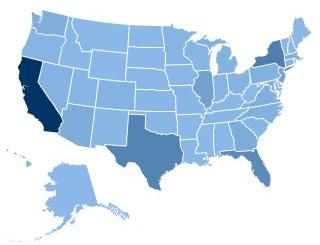Published on Wed, Jun 08, 2011
The number of pending cases in federal immigration courts is at an all-time high, and those cases are remaining open for longer, according to new data that underscores the backlog facing the nation's immigration system.
There were 275,316 cases awaiting resolution before the immigration courts as of May 4, setting a new record after an increase of 2.8 percent in four months. The information comes from the Transactional Records Access Clearinghouse at Syracuse University, which compiles the information regularly from public records. The clearinghouse released its latest report on June 7.
According to the data, the cases have been pending an average of 482 days, up from 467 days four months ago.
The report noted that the increases came despite the hiring of 44 immigration judges during the previous 12 months and the opening of a new immigration court in Pearsall, Texas.
Melissa Crow, director of the American Immigration Council's Legal Action Center, says the backlog is due to two factors: the need for yet more judges and staff at the U.S. Department of Justice, which administers the courts through its Executive Office for Immigration Review, and the decision by U.S. Immigration and Customs Enforcement to pursue more cases.
"It means that cases take forever to finish. It means, where clients do have cases where there's relief, it may take a long time for them to get the relief that they deserve," Crow says.
Crow's group and other advocates for immigrants are pushing the Obama administration to be more selective about the people targeted for deportation proceedings, while other critics of the administration, including conservative members of Congress, accuse the administration of being improperly selective in the enforcement of removal orders.Read more...
Published in the National Law Review



